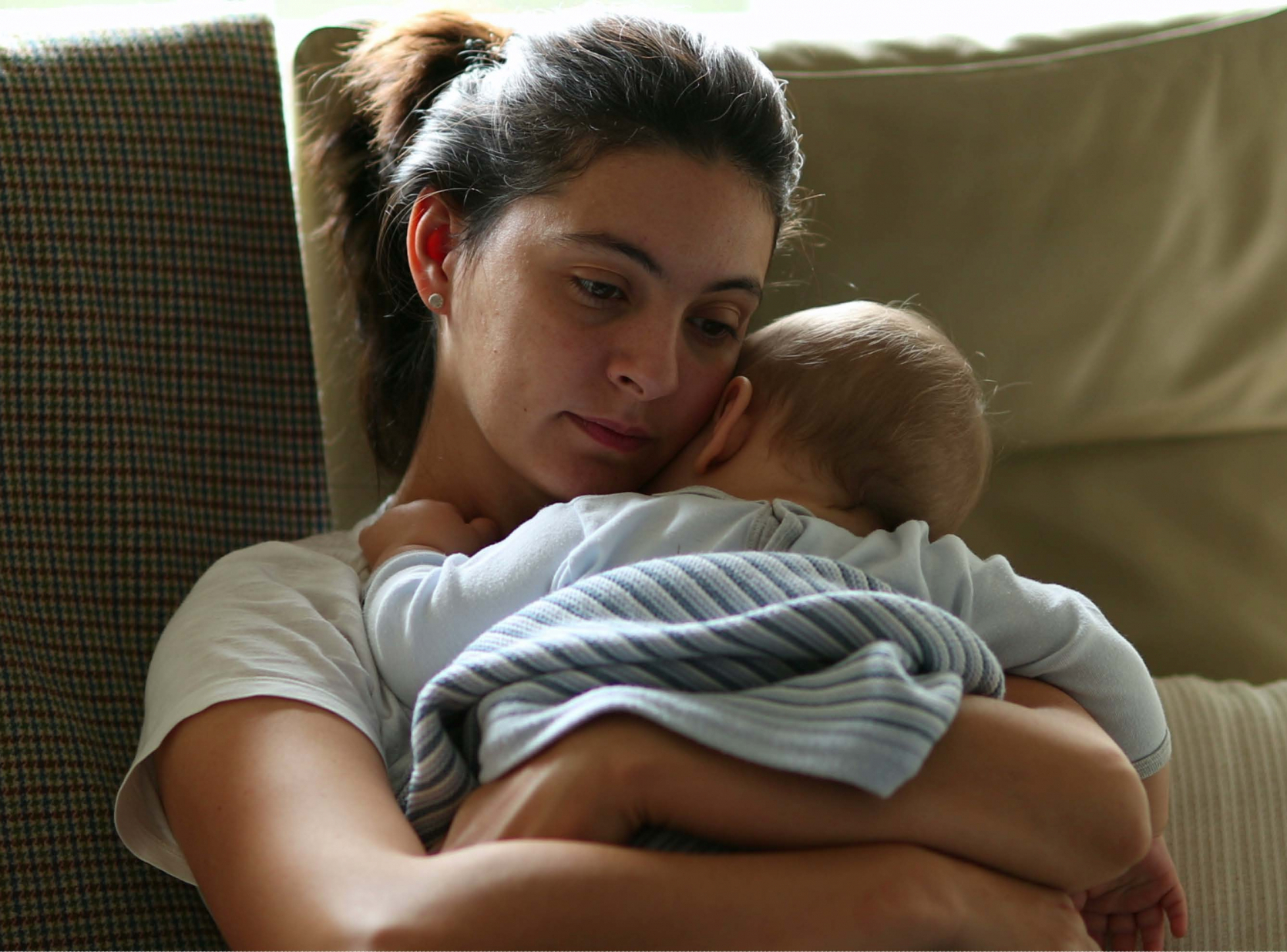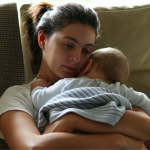Postpartum psychosis is a rare but serious psychiatric illness, occurring in 1 to 2 per 1000 women following childbirth. Because postpartum psychosis is so rare, most providers have limited experience in recognizing the signs and symptoms of this disorder, and we do not have evidence-driven guidelines regarding its treatment. Although the last decade has brought increased awareness of and interest in postpartum mood and anxiety disorders, our knowledge regarding the diagnosis and management of postpartum psychosis continues to be limited, and our understanding of the etiology of this most severe form of postpartum mental illness remains elusive.
Previous studies have demonstrated clinical heterogeneity among women who experience postpartum psychosis. There is considerable evidence suggesting a link between postpartum psychosis and bipolar disorder; thus, many women are not only vulnerable to postpartum psychosis, they experience episodes of depression and mania unrelated to pregnancy or childbirth. However, nearly half of women with postpartum psychosis experience illness only during the postpartum period and do not experience significant psychiatric illness outside of the postpartum period.
There is considerable variation in how healthcare providers conceptualize postpartum psychosis. Some treaters appear to view postpartum psychosis as a variant of postpartum depression. This misconception can lead to significant delays in treatment or less aggressive treatment. Although postpartum psychosis bears a strong link to bipolar disorder, many women with postpartum psychosis are first treated with antidepressants rather than antipsychotic medications or mood stabilizers, like lithium.
The relatively low prevalence of postpartum psychosis, inconsistent classification, and stigmatization associated with this illness has made systematic study of this disorder particularly challenging. In an effort to gain a more nuanced understanding of this disorder, Lee Cohen, MD, and colleagues Racher Vsnderkruik, PHd and Marlene Freeman, MD from the Ammon-Pinizzotto Center for Women’s Mental Health established the MGH Postpartum Psychosis Project (MGHP3). The overarching goal of this project is to add to our knowledge of the phenomenology of postpartum psychosis in a diverse cohort of women: to identify risk factors for postpartum psychosis, to better characterize the clinical presentation of this disorder, and to further our understanding of the etiology of this disorder.
This study is recruiting women who experienced psychosis within 6 months of childbirth and who are within ten years of their last episode of PP psychosis. Information on demographic and clinical variables are gathered during a one-time structured clinical interview conducted by phone and include administration of the Mini International Neuropsychiatric Interview for Psychotic Disorders Studies and the MGHP3 Questionnaire. Information on a broad array of demographic and clinical variables will be collected, including timing of illness onset, symptom patterns, associated comorbidities, psychiatric diagnoses before and after the index episode of postpartum psychosis, and treatment. .
Participants also provide a saliva sample to be processed for genetic analyses. A neuroimaging assessment will also be conducted in a subset of participants.
As of July 1, 2022, 311 subjects from 44 states and 7 countries have enrolled in MGHP3. Recruitment sources include social media, online advertisements, physician referrals, community outreach, and partnership with postpartum advocacy groups.
With analysis of this large body of data, this project will provide insight into the clinical presentation of postpartum psychosis and will generate information regarding clinical and genetic risk factors for this understudied condition. This information will help women and their clinicians make better informed care decisions as they approach pregnancy and the postpartum period.
This study is ongoing. Those interested in learning more or participating in the MGHP3 study, can learn more HERE.
Ruta Nonacs, MD PhD
Cohen LS, Vanderkruik R, Arakelian M, Church TR, Dunk MM, Freeman MP. Establishment of the MGH Postpartum Psychosis Project: MGHP3. PLoS One. 2023 Feb 9; 18(2):e0281133.







Leave A Comment